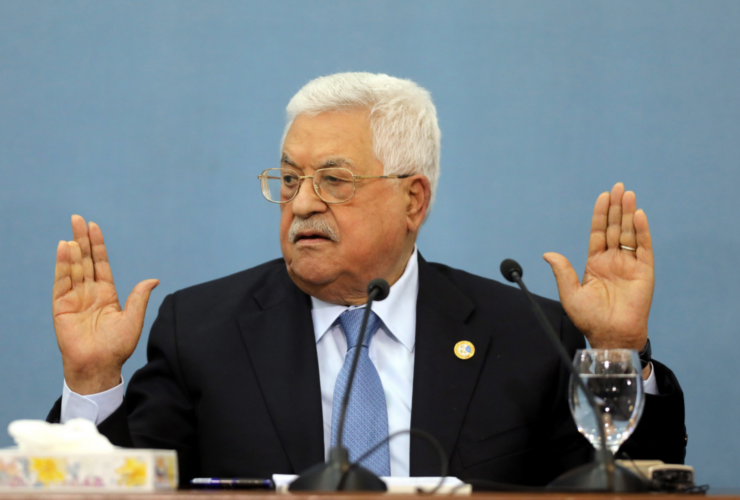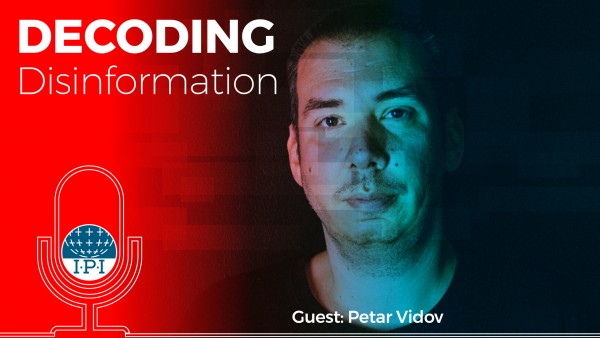The International Press Institute (IPI), a global network of editors, media executives and leading journalists for press freedom, today condemned the blocking of 59 websites, including news portals, by a court of the Palestinian Authority and called for the restrictions to be lifted immediately.
Last week a court in Ramallah ordered the blocking of websites that include news portals and social media pages. Most of the sites that have been blocked are reportedly critical of the Palestinian Authority and its president, Mahmoud Abbas.
It is not known who filed the case in the court asking for blocking the websites. Journalists in Ramallah told IPI that the application to the court was made by the prosecutor’s office at the behest of Palestinian intelligence officials.
“It is good that the Palestinian government insists on protecting the right of expression but what is needed is the rescinding of the cybercrime law which was the basis for this undemocratic court decision”, IPI Executive Board Vice Chair Daoud Kuttab said. “It is also important that the government and the presidency come clean in a transparent way by unmasking who is behind this controversial lawsuit which has caused damage to Palestinian democracy and the well fought for tradition of freedom of expression and media.”
The blocking of websites led to protests by the Palestinian Press Association and the Palestinian Journalists Syndicate demanding that the court ordered be reversed. The Press Association described it as a “black day” for Palestinian journalism. The Palestinian Journalists Syndicate and several national human rights organizations have approached the court to quash the decision. Their application will come up for hearing tomorrow, Omar Nazzal, a representative of the Syndicate, told IPI.
Meanwhile, the Palestinian Authority has distanced itself from the court’s decision, saying that it was asking the prosecutor’s office and the court to re-evaluate the blocking. A spokesman of the authority said that while it is committed to to the legal system and its decisions, it is also committed to international agreements and conventions that protect freedom of expression.



